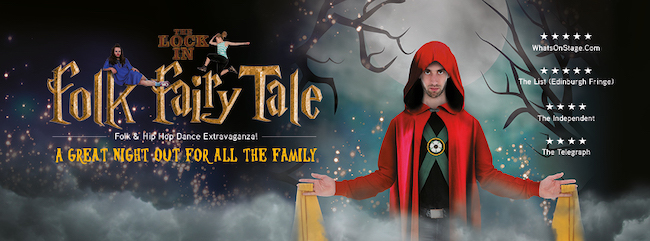Rogues & Rovers
Rogues & Rovers: Tyburn Road - Ian Giles and Dave Townsend
review by Bill Johnston
 Tyburn Road is a project which unites two of Oxfordshire’s best known folk performers and has given rise to this CD of songs and tunes arranged in three sections, Rakes, Sailors,and Country Pursuits. Accompaniment is provided, where needed, with Ian playing melodeon and Dave playing an assortment of English style concertinas. A chorus is provided by The Eynsham Crew.
Tyburn Road is a project which unites two of Oxfordshire’s best known folk performers and has given rise to this CD of songs and tunes arranged in three sections, Rakes, Sailors,and Country Pursuits. Accompaniment is provided, where needed, with Ian playing melodeon and Dave playing an assortment of English style concertinas. A chorus is provided by The Eynsham Crew.
I first came across Dave when I bought his books of ‘English Dance Music’ in original, spiralbound format, and Ian as a member of Magpie Lane. Dave has also led workshops at Suffolk Folk Day. Their musical style has been serious and consistent. I have enjoyed listening, but generally with a feeling that the music is worked to a perfection which may be distracting in itself.



 This 15-track CD from the Occasional Ceilidh Band, who hail from Norfolk, comprises 13 instrumentals – all suitable for including in an English ceilidh – and two songs.
This 15-track CD from the Occasional Ceilidh Band, who hail from Norfolk, comprises 13 instrumentals – all suitable for including in an English ceilidh – and two songs. Although I’ve been a fan of Cambridge-based John Meed’s music for several years now, in my view his seventh album ‘Never Enough’ is possibly his finest work, finding him totally in control of his palette of words and ideas. John is a consummate wordsmith whose stories from today’s cityscapes are in turn punchily political and deeply personal and existential. Oh, and he writes great choruses too.
Although I’ve been a fan of Cambridge-based John Meed’s music for several years now, in my view his seventh album ‘Never Enough’ is possibly his finest work, finding him totally in control of his palette of words and ideas. John is a consummate wordsmith whose stories from today’s cityscapes are in turn punchily political and deeply personal and existential. Oh, and he writes great choruses too. ‘Miner’s Eyes’ is the second CD by this duo from Cambridge and Bury St Edmunds, and differs from their first - ‘Papers in my Shoe’, released in 2015 - in that it is built around their own compositions, whereas the previous one predominantly contained their versions of traditional songs and tunes in a cajun and bluegrass style. What the two albums have in common is very pared-down, simple (in the nicest sense of the word) arrangements, with just two voices, Gary Woolley’s guitar and Matt Kelly on fiddle, viola or mandolin: very much what you hear here is what you get when you see them live.
‘Miner’s Eyes’ is the second CD by this duo from Cambridge and Bury St Edmunds, and differs from their first - ‘Papers in my Shoe’, released in 2015 - in that it is built around their own compositions, whereas the previous one predominantly contained their versions of traditional songs and tunes in a cajun and bluegrass style. What the two albums have in common is very pared-down, simple (in the nicest sense of the word) arrangements, with just two voices, Gary Woolley’s guitar and Matt Kelly on fiddle, viola or mandolin: very much what you hear here is what you get when you see them live.
 A project local to Dunfermline in which some local musicians were asked for songs to accompany weaving exhibits in the Carnegie Library and Galleries Museum. This album is built around the song and poem that were found, supplemented by original material. Some of the new songs are set to existing folk airs so that despite three contributors whose individual writing and performance styles can be differentiated, the material benefits from a cohesive approach. Enough preamble…
A project local to Dunfermline in which some local musicians were asked for songs to accompany weaving exhibits in the Carnegie Library and Galleries Museum. This album is built around the song and poem that were found, supplemented by original material. Some of the new songs are set to existing folk airs so that despite three contributors whose individual writing and performance styles can be differentiated, the material benefits from a cohesive approach. Enough preamble…